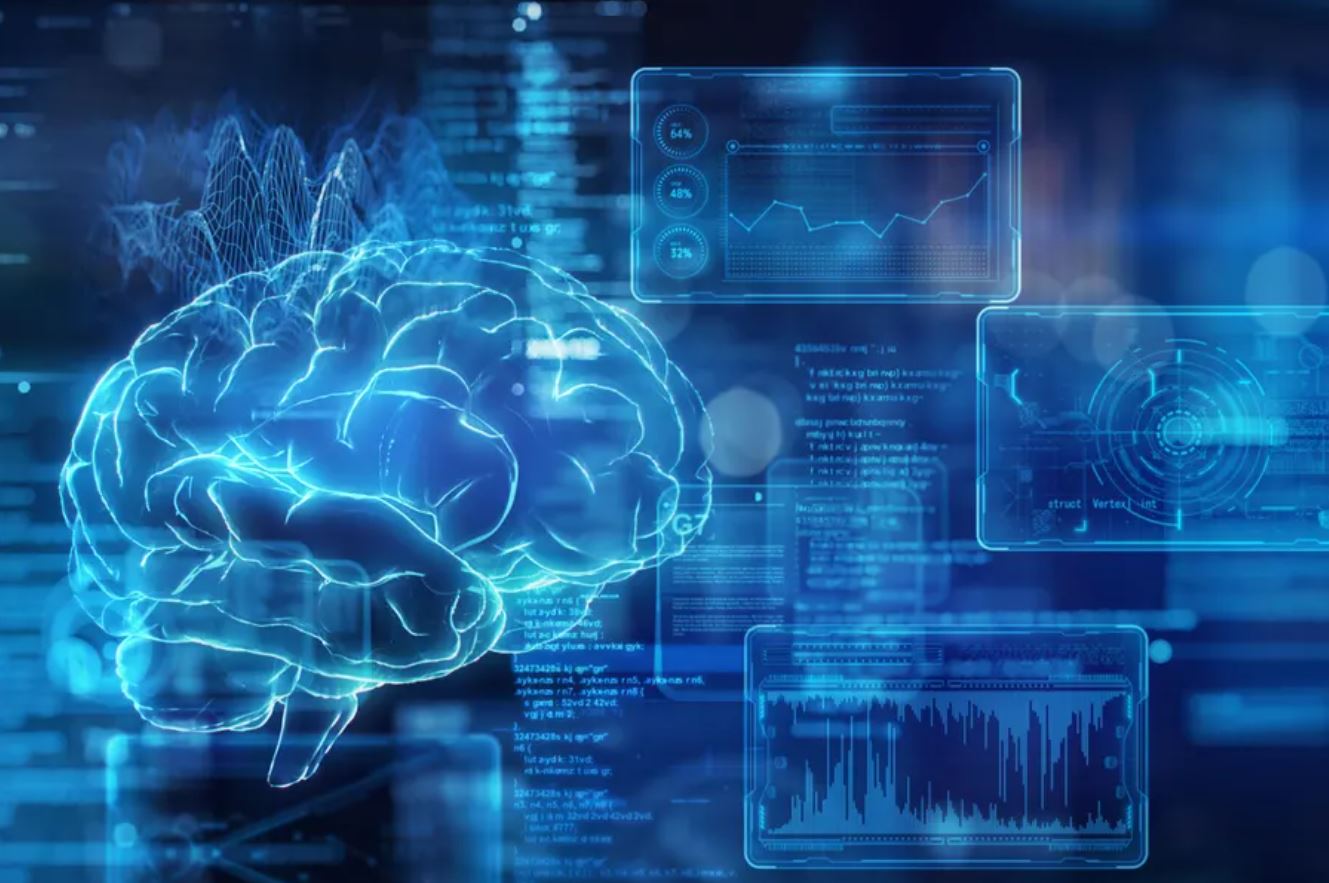 Large language models, such as ChatGPT, have quickly become popular for offering life advice and even therapy, often regarded as impartial alternatives to human judgement. But if you’ve ever wondered whether these digital counsellors are truly unbiased, a recent study from University College London and the University of California might give you pause. Published in the Proceedings of the National Academy of Sciences, the research reveals that models like GPT-4-turbo and Claude 3.5 Sonnet show noticeable cognitive biases. For example, they tend to lean towards inaction when facing moral dilemmas and default to a ‘no’ response depending on how a question is asked.
Large language models, such as ChatGPT, have quickly become popular for offering life advice and even therapy, often regarded as impartial alternatives to human judgement. But if you’ve ever wondered whether these digital counsellors are truly unbiased, a recent study from University College London and the University of California might give you pause. Published in the Proceedings of the National Academy of Sciences, the research reveals that models like GPT-4-turbo and Claude 3.5 Sonnet show noticeable cognitive biases. For example, they tend to lean towards inaction when facing moral dilemmas and default to a ‘no’ response depending on how a question is asked.
What does this mean for you and others relying on these systems? The study compared AI responses with those from a representative sample of U.S. adults and found that when it came to choices between self-interest and the greater good, the models appeared more altruistic than humans. Even with their built-in guidelines aimed at fairness and kindness, these models can still generate unpredictable outcomes. As we lean more on AI for guidance, understanding and mitigating these biases becomes essential for developing more reliable systems for everyday moral decisions.








